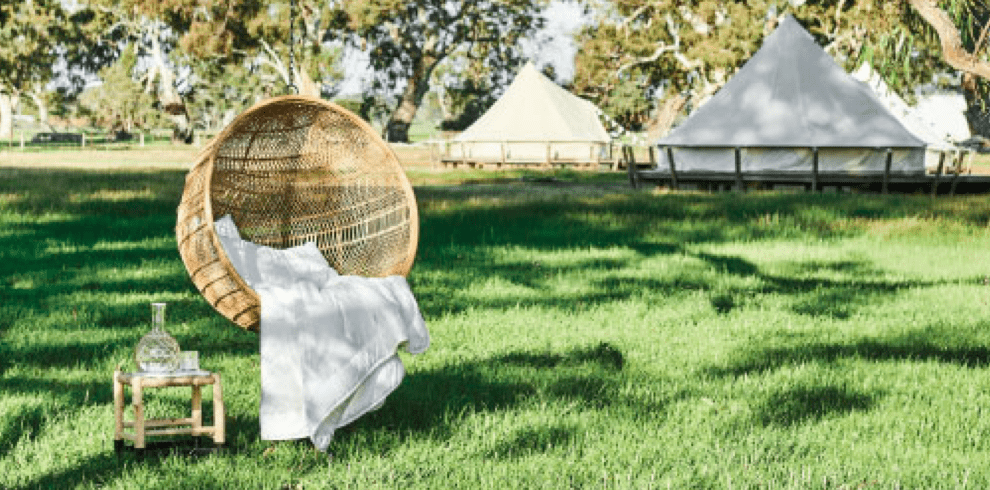As daytime temperatures soar, our homes absorb and retain heat, quickly warming them inside. With overnight temperatures also rising, without air conditioning there is often little chance of your home cooling sufficiently to achieve a good night's sleep. To sleep better on hot summer nights, read on to discover MiniJumbuk's top tips to beat the heat.
Keep your skin cool
Skin is the body's organ designed specifically for cooling. With the perfect room temperature for sleeping (about 18oC) difficult to maintain unless you have air conditioning, opening a window or turning on a fan can provide the added air flow needed to cool you down. Maximising your skin's exposure to the moving air will offer the best results but if the thought of sleeping naked leaves you uncomfortable, choose loose fitting cotton night wear or cover yourself with a light sheet.
A critical element when falling asleep is the temperature of your hands and feet. Keep them cool by slipping them out from under your sheet or pop them on to a pre-cooled water bottle for the ultimate in instant cool. Alternatively, a wet face washer beside your bed can quickly cool your hands and face throughout the night. When sleep becomes impossible, hop up and have a quick cool shower before returning to bed. The evaporative effect of standing wet in front of the fan will help to lower your core temperature.
Prepare yourself
Be aware that it usually takes much longer to fall asleep in hot weather so take some time to relax and unwind before sleep. To minimise sleep disruption, maintain good hydration during the day and pop a water bottle next to your bed. Sleeping alone is much cooler than sharing another's body heat so consider going solo on the hottest of nights. Body and ambient temperatures both fall dramatically in the early hours of the morning, so keep your MiniJumbuk Ultralight quilt close at hand ready to pull up if you feel chilly.
Manage your thoughts
When you are hot and restless, struggling to sleep, stay calm, remembering that there are others in the same circumstances. It is not unusual to have periods of wakefulness even on cold nights, so avoid staring at the clock, worrying about problems that have no solution at 4am. If sleep is elusive, breathing slowly and deeply will help you to relax. Listening to classical music or a sleep meditation can also be useful tools to induce sleep. If all else fails, lie quietly safe in the knowledge that you have survived sleepless nights before.



